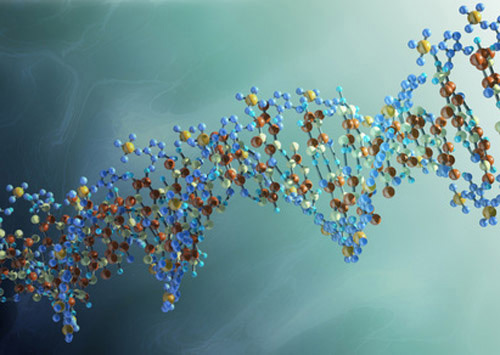
Biodesix said it will partner with Bio-Rad Laboratories to bring a COVID-19 test using Bio-Rad’s Droplet Digital PCR (ddPCR) system to the FDA for an Emergency Use Authorization (EUA) approval.
EUA approval would enable the companies to begin testing in the U.S.
“Biodesix is committed to moving as quickly as possible to bring this COVID-19 test to the public,” Biodesix CEO Scott Hutton said in a statement. “By more quickly and more accurately identifying those who test positive for the virus, individuals can be quarantined or treated as quickly as possible, helping to contain the spread of COVID-19.”
Headquartered in Boulder, CO, Biodesix focuses on lung disease diagnostics, and offers other tests for lung cancer using the ddPCR platform. Specifically, Biodesix uses Bio-Rad’s QX200 ddPCR system and QuantaSoft Software for data analysis.
Based on water-emulsion droplet technology, ddPCR fractionates a DNA sample in 20,000 droplets. PCR amplification of the template subsequently occurs in each individual droplet, while counting the positive droplets gives precise, absolute target quantification.
Among benefits to ddPCR cited by Hercules, CA-based Bio-Rad are:
- An absolute count of target DNA copies per input sample without the need for standard curves.
- Enriched template concentration in target-positive droplets allows higher precision and sensitivity compared with real-time PCR.
- A workflow designed for easy use, with a 96-sample throughput that does not require multiple dilution steps.
- A reduction of error rates by removing the reliance on amplification efficiency of qPCR
Applications for ddPCR include copy number variation, detection of rare sequences in cancer and other diseases, gene expression analysis, next-gen sequencing, pathogen detection and microbiome analysis, and single cell analysis.
Bio-Rad and Biodesix cited two studies published this month, ahead of peer review, which both reported that ddPCR testing showed greater sensitivity and precision for clinical detection of SARS-CoV-2 compared to existing test methods performed using qPCR.
In one study posted March 6 on the preprint server medRxiv, clinicians in Wuhan, China, reported that a subset of infected individuals who tested negative for COVID-19 using qPCR tested positive following testing through ddPCR. The findings suggest that ddPCR can reduce false negative results of COVID-19 without any increase to false positive results and could be a powerful complement to the current standard of testing, Biodesix and Bio-Rad said.
In the second study, posted March 18 on medRxiv, researchers from China’s National Institute of Metrology and provincial centers for disease control concluded that ddPCR significantly improved the accuracy of SARS-CoV-2 diagnostic detection from 28.2% to 87.4%, by reducing false negatives.













